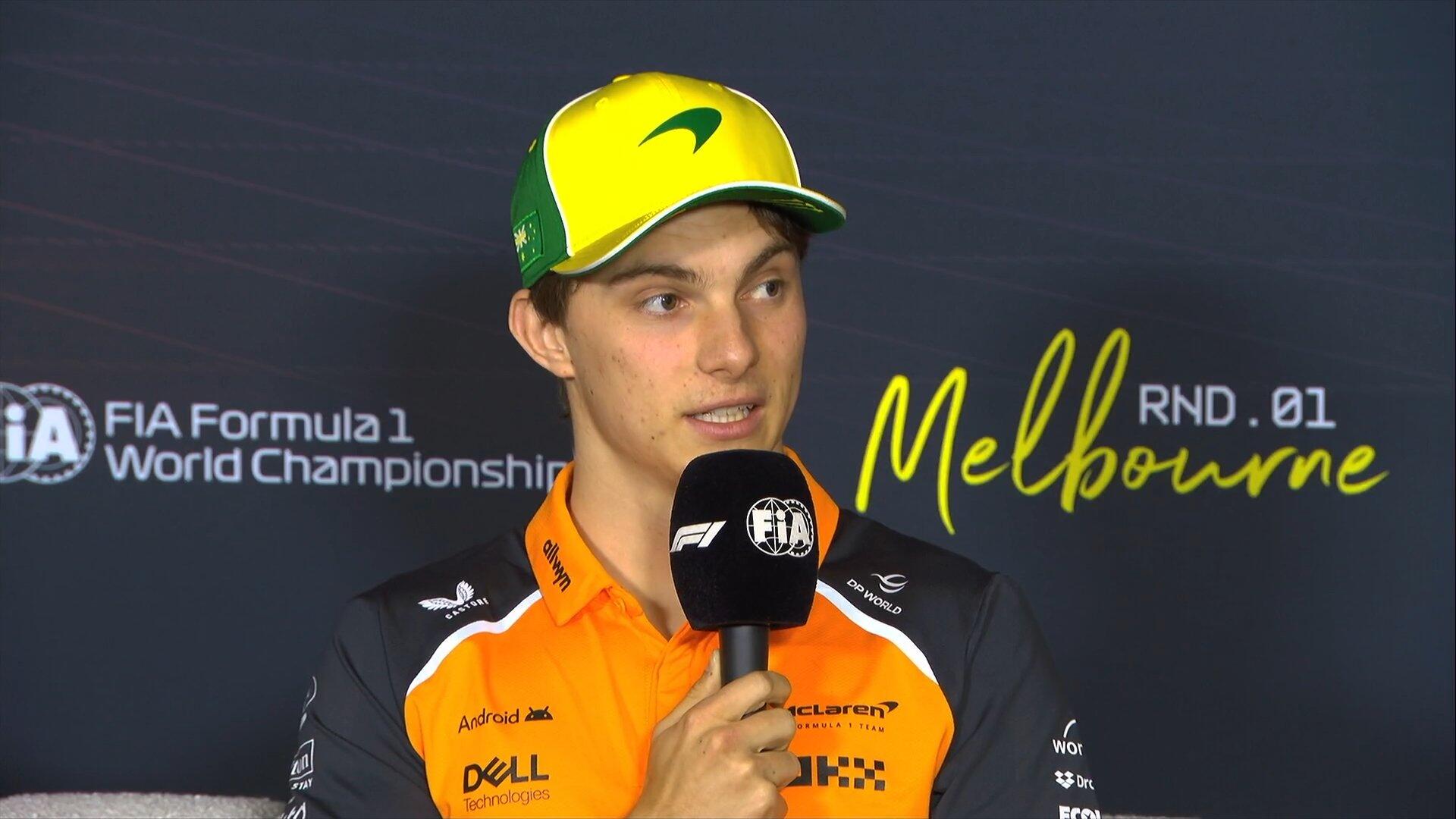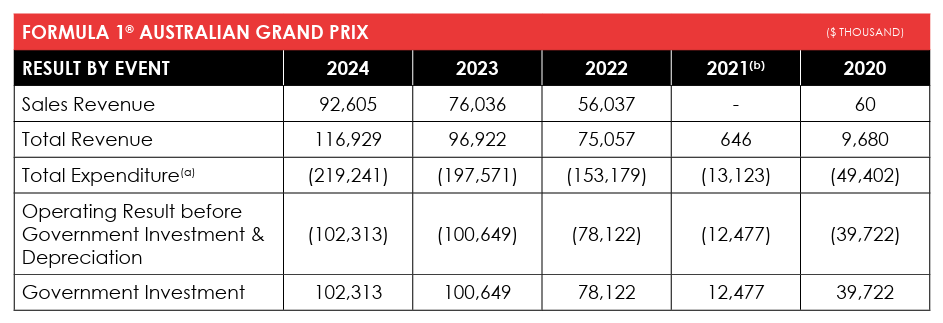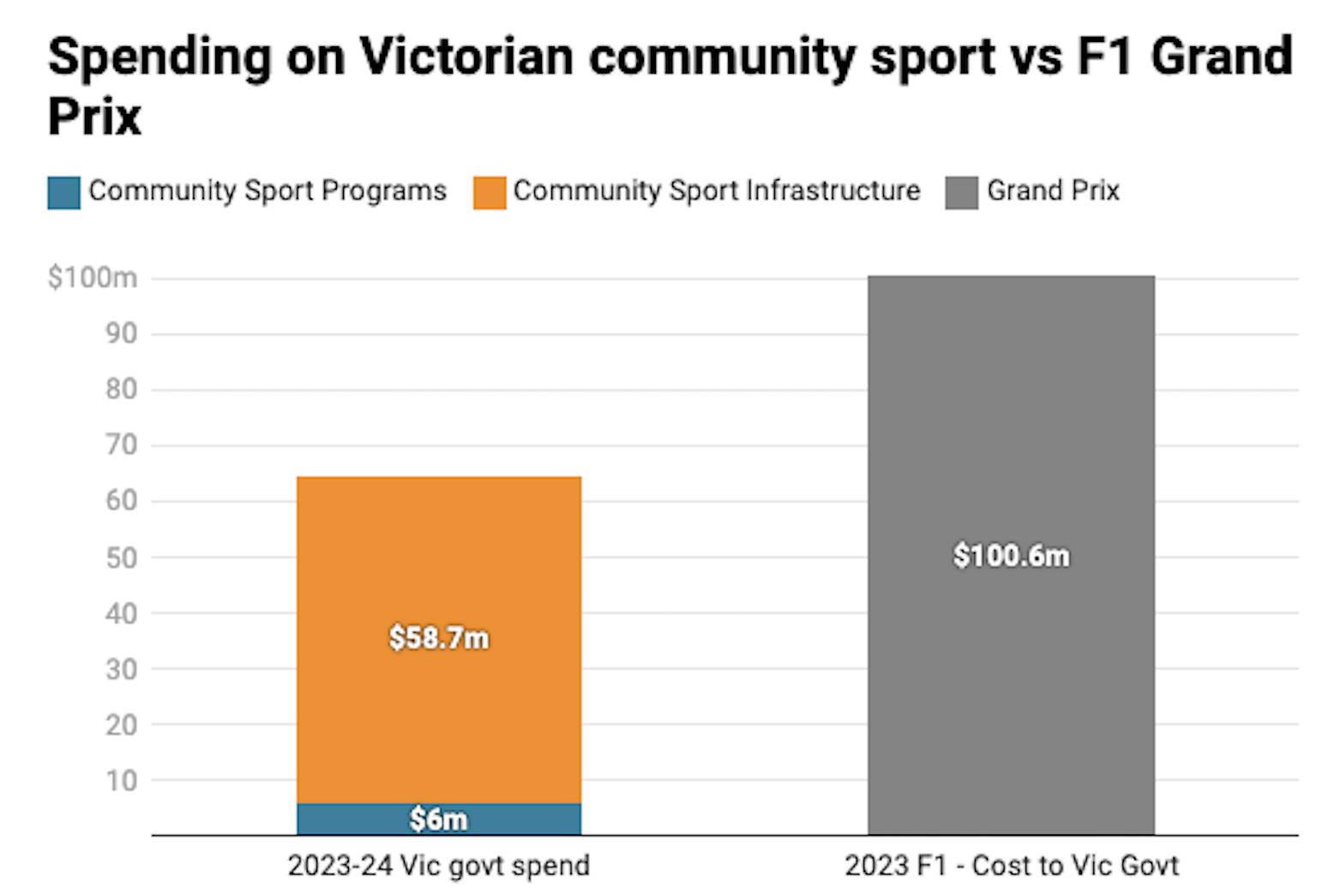Today kicks off the weekend's Formula 1 Louis Vuitton Australia Grand Prix 2025 and marks the start of a fresh new season for the sport.
Formula 1 is an internationally adored sport, staged in major cities across the globe. It is considered the apex of motor racing bringing together speed, precision, and impressive engineering.
Motorsport fanatics come together across the world to enjoy the thrilling races, intriguing strategy, innovation and advancement of technology unique to the sport.
Added to the excitement of the home Grand Prix are two Australians starting on the grid this year - Oscar Piastri for McLaren and Jack Doohan for Alpine.
Doohan is a rookie for the 2025 season and the son of MotoGP star Mick Doohan.

The sport as a whole is generally considered valuable for businesses building brand partnerships and tourism and local economies.
Before the 2024 season began a report from leading data and analytics company GlobalData estimated that Formula 1 would generate US$513.75 million in revenue from 22 active sponsorship deals.
This year the Australian Grand Prix is sporting major sponsors such as the Victorian government, French luxury goods company Moët Hennessy Louis Vuitton (LVMH), Crown Resorts, Red Bull and Australian beauty company Mecca Max.
Economics of F1 in Australia
According to the Victorian state government the Grand Prix is one of the biggest pop-up events in the southern hemisphere. It is set to generate an influx of interstate and overseas visitors giving Melbourne’s tourism, hospitality and retail sectors a welcome boost.
In 2024 the Grand Prix attracted an estimated crowd of 452,055 to Albert Park in Melbourne, beating the previous year’s record by more than 7,000 attendees.
Minister for Tourism, Sport, and Major Events Steve Dimopoulos told Azzet that after a record-breaking 2024, this year’s event is set to be even more impressive.
Tickets for Saturday and Sunday have sold out with only limited availability remaining for Friday.
“The Grand Prix has proven economic benefits to the state – it drives investment, promotes Victoria to the world, and draws people from across the country and globe, backing local businesses and jobs,” said the Minister.
“Victoria is the major events capital of Australia and we continue to secure internationally exclusive major events – giving locals and visitors unparalleled opportunities to experience the best sporting experiences our country has to offer,” he added.
In 2023, Ernst & Young conducted an economic impact assessment of the Grand Prix.
The report found that the event delivered a total economic impact of A$268 million to Victoria’s visitor economy. It produced $144 million in direct spending and supported 1,149 full-time equivalent jobs.
Additionally, for every dollar invested by the Government, the event generated an estimated $2.66 in economic impact.
However, economist and research director at The Australia Institute, Rod Campbell tells Azzet that despite the government’s best efforts to present the event as an economic success for the state, the Australian Grand Prix loses money each year.

The Australian Grand Prix Corporation's annual report for 2024 revealed total revenue of $116.9 million for the Melbourne event. This was offset by a total expenditure of $219.2 million.
Ticket sales generated $93 million in revenue, with another $13 million from sponsorships.
Operating results before government investment and depreciation were $102.3 million - equal to the government's investment.
“The Grand Prix is a bludger on the Victorian tax payer, it always has been. It's never turned a dollar and if motorsports fans get a lot out of it then great because we really want that because it's costing the rest of us quite a lot of money,” said Campbell.
Campbell added that the volume of money would be better invested in community sport, hospitals or schools, serving Victorians “a lot better than an expensive car race that loses money.”

“It's bad for the Victorian economy, it's great for Victorian motorsport fans but it's time to stop pretending that we host this event for the economy,” he said.
Campbell suggested that the government had opted out of major sporting events such as the Commonwealth Games due to the cost. He said it should not be off the cards for the Grand Prix.
In 2022, the Victorian Government and Formula 1 agreed to extend Melbourne as the host of the Formula 1 Australian Grand Prix at Albert Park until 2037.
As a result the Government has committed to investing in redeveloping the Albert Park pit building which was built in 1995 in order to meet the contemporary requirements of hosting the Grand Prix and maximise its use by the community all year round.
The building is home to local indoor sport and a range of community sporting clubs that utilise the adjacent sporting fields during the rest of the year.
Work is currently set to commence following the 2026 Grand Prix and continue until the end of the 2028 event.
The event will not be affected by the works.
Related content



